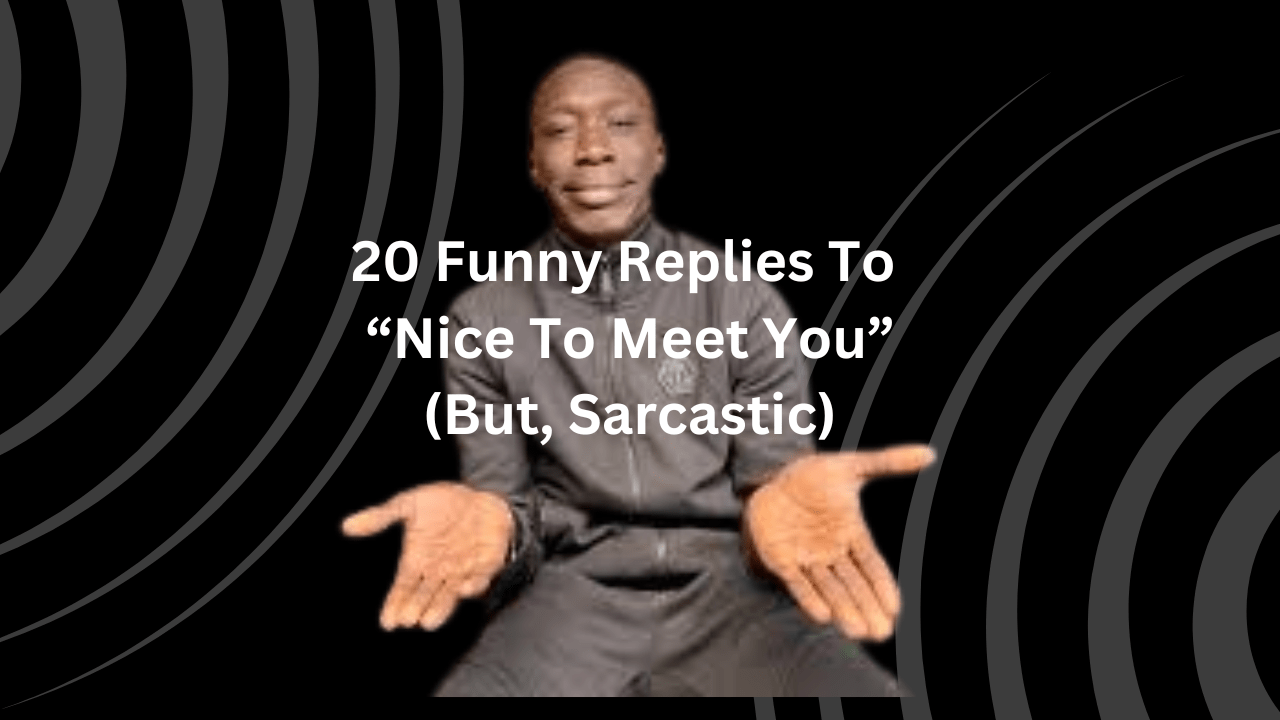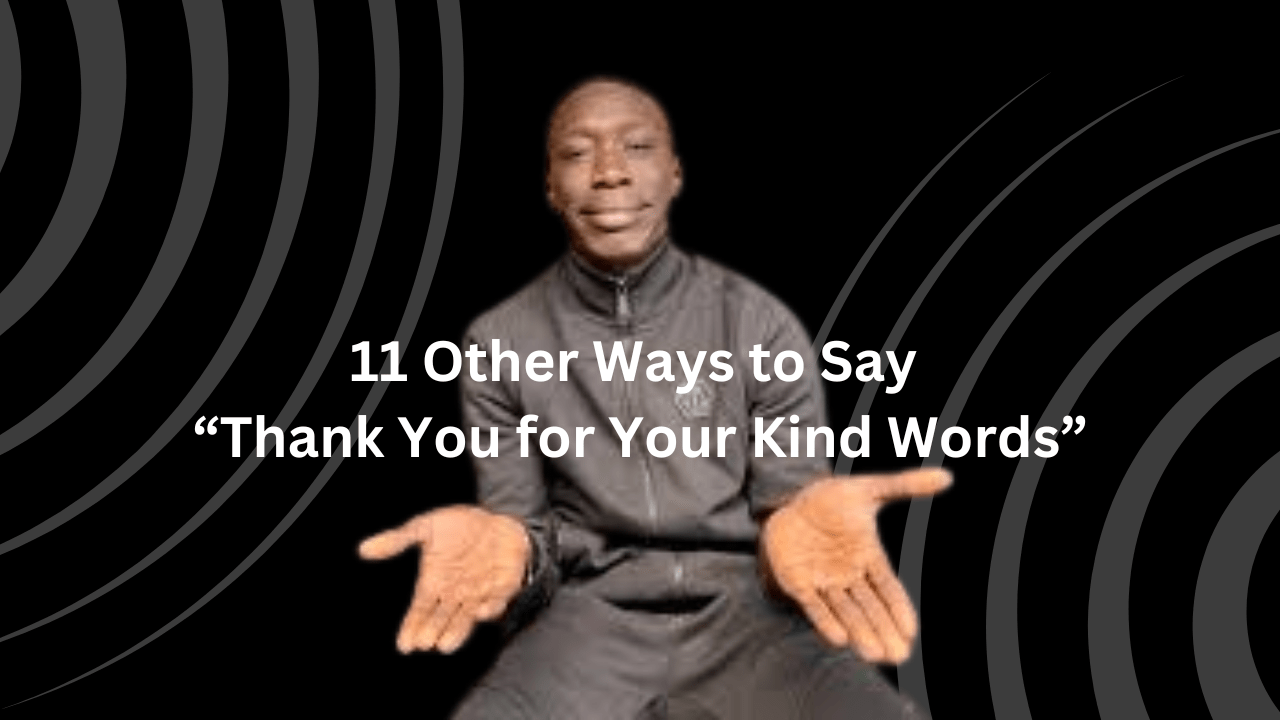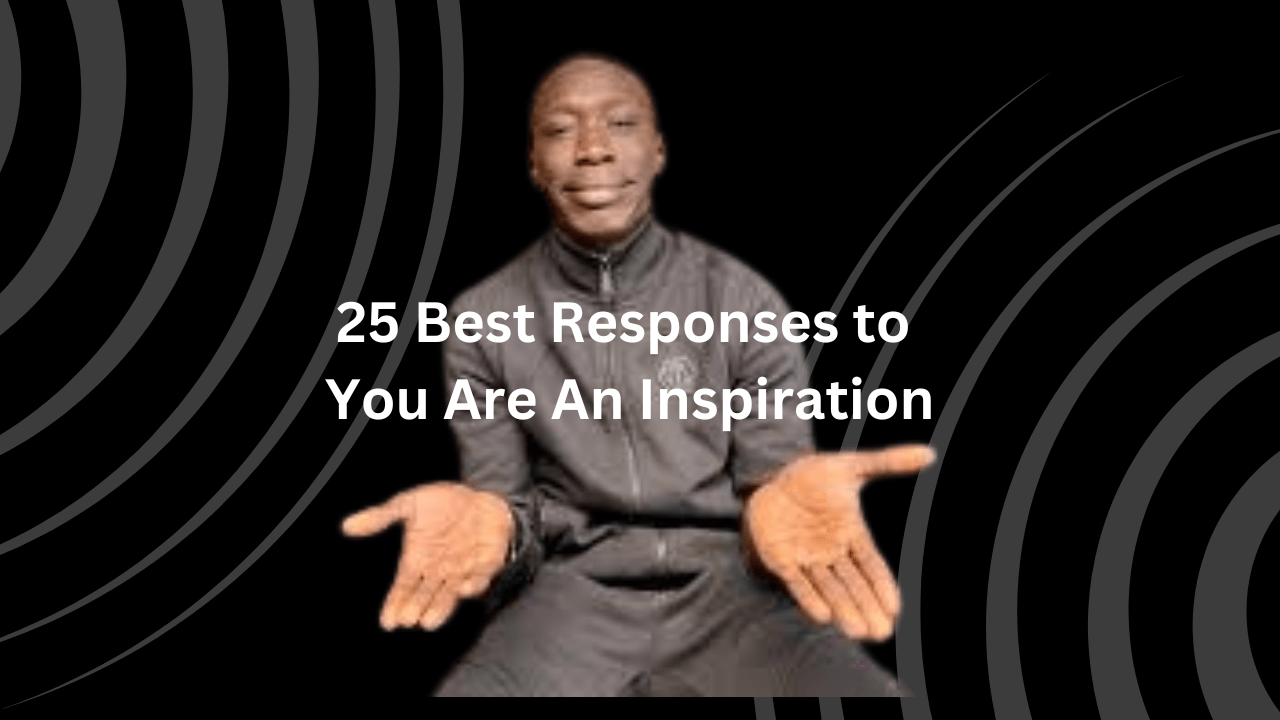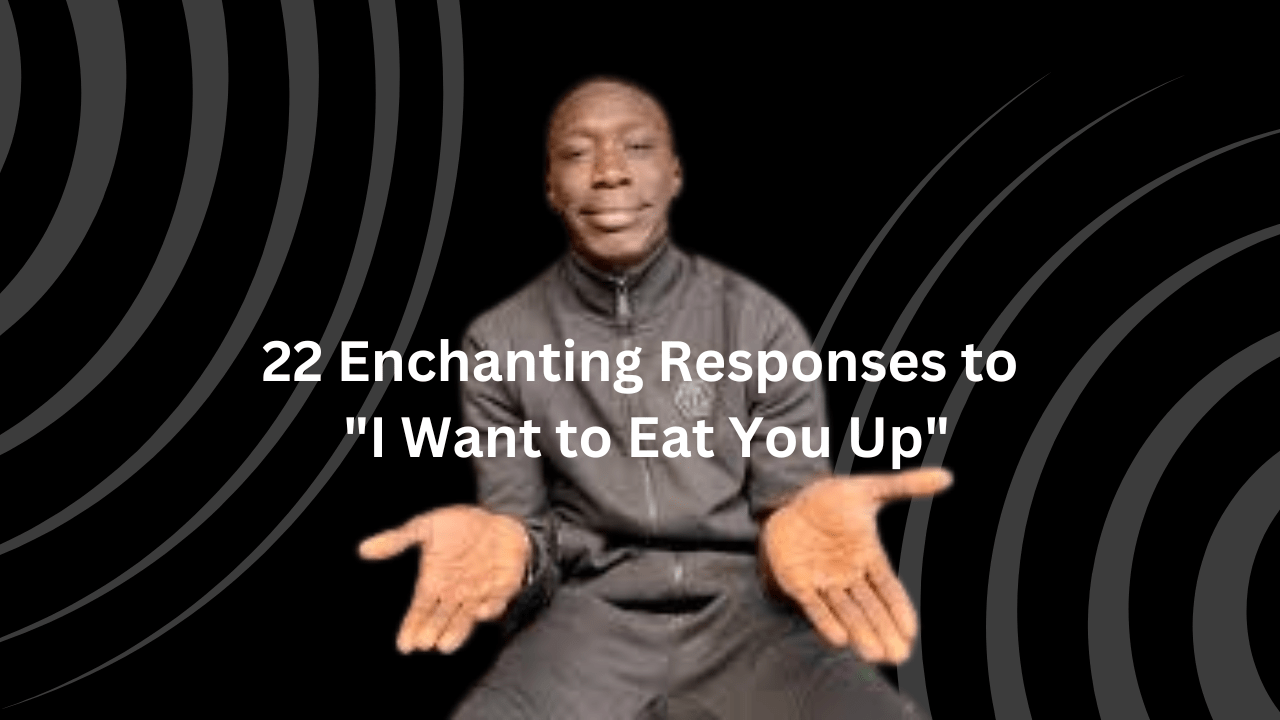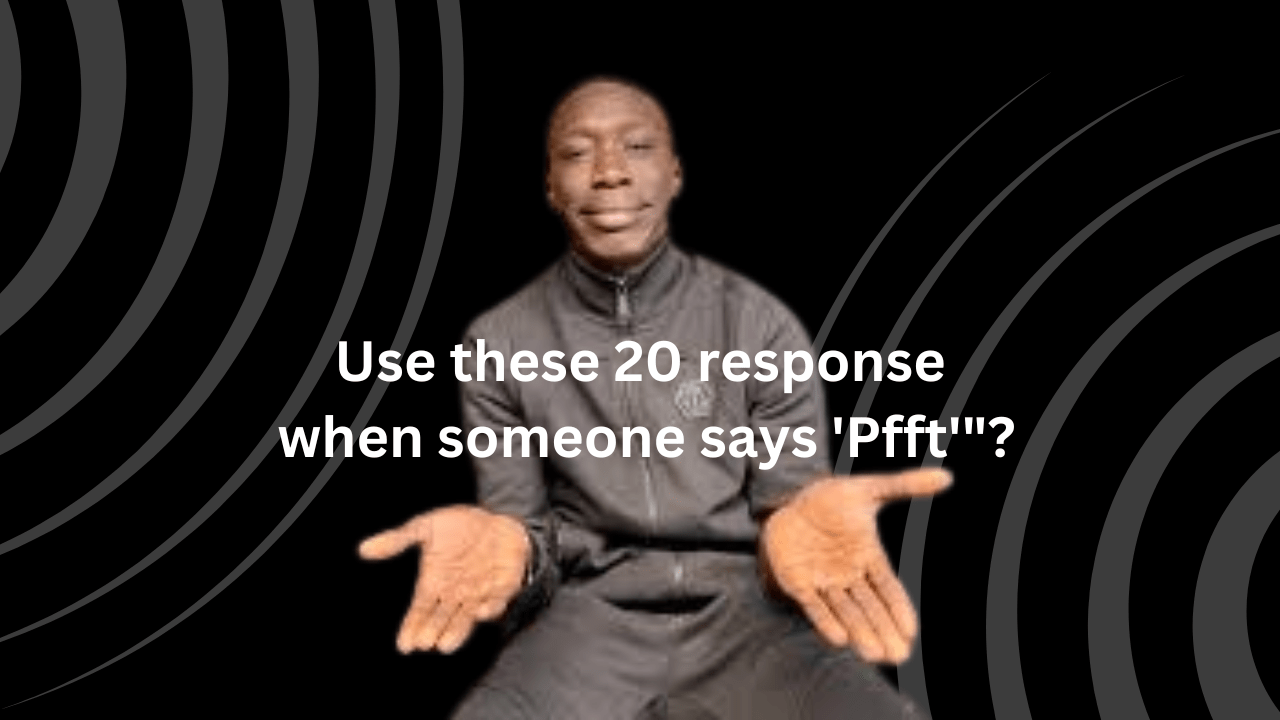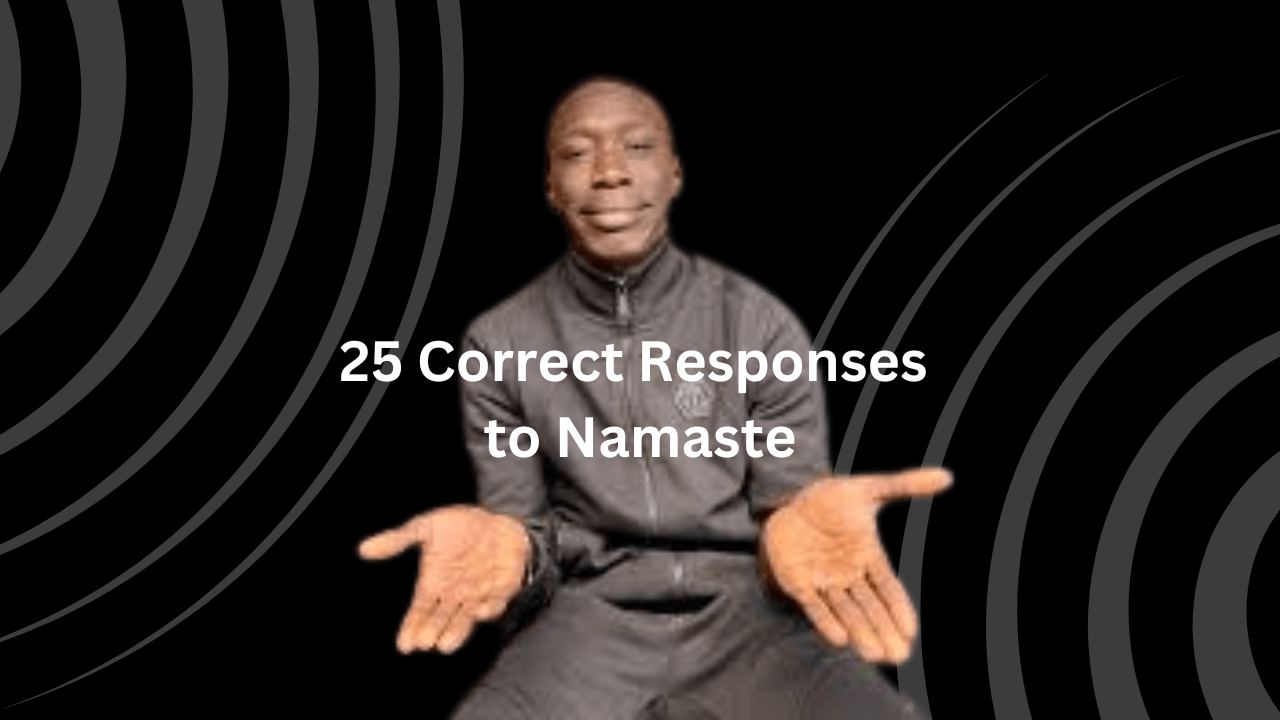When engaging with new acquaintances, individuals commonly exchange the pleasantries of “Nice to meet you” followed by a reciprocal “Same here.” However, this exchange, though customary, lacks depth and efficacy.
While the sentiment appears pleasant on the surface, it often fails to evoke genuine connection or resonance. This is particularly evident in the early stages of forging new relationships, where the aim is to cultivate an atmosphere of ease and camaraderie.
Furthermore, navigating the intricacies of social dynamics, one may encounter individuals who present a façade of congeniality, yet harbor underlying sentiments of envy or competitiveness. In such instances, sincerity can be challenging to discern.
Thus, it becomes essential to consider alternative responses when greeted with the ubiquitous “nice to meet you,” particularly in the context of initiating rapport with new friends or acquaintances.
Funny Replies To “Nice To Meet You”

During your interaction, you perceive a playful demeanor in the individual, indicating an openness to humor and light-hearted exchanges. Consequently, experimenting with varied responses to the common greeting of “nice meeting you” is acceptable, fostering an atmosphere of relaxation during your initial encounter.
“Yeah, I’ll be the judge of that.” –
This response carries a tone of skepticism, implying that the speaker will assess the actual pleasantness of the encounter based on future interactions. It subtly suggests that the initial nicety might not be as genuine as it seems, leaving room for doubt and reservation.
“Oh, I can already tell this is going to be a life-changing experience.” –
Here, sarcasm is used to downplay the significance of the meeting, implying that it’s highly unlikely to be transformative or memorable. By humorously exaggerating the potential impact of the encounter, the speaker highlights the mundane nature of such interactions.
“Nice to meet you too, I guess. Let’s see if you live up to the hype.” –
This response combines sarcasm with a hint of doubt, suggesting that the speaker is unconvinced by the initial pleasantries and will reserve judgment until they’ve interacted further. It playfully questions whether the person will meet the speaker’s expectations, adding a layer of humor to the exchange.
“Oh joy, another person to add to my collection.” –
This sarcastic remark implies a jaded attitude towards meeting new people, humorously likening them to mere acquisitions in a collection. It suggests a sense of weariness or indifference towards social interactions, injecting a touch of dark humor into the exchange.
“I’ll reserve judgment until we’ve had at least three more encounters.” –
This response humorously suggests that the speaker requires multiple interactions before forming an opinion about the person. It implies a cautious approach to social interactions, as if the speaker is conducting a trial period before deciding whether the acquaintance is worthy of further engagement.
“Nice to meet you too… if you say so.” –
This sarcastic reply casts doubt on the sincerity of the initial greeting, implying that the speaker is skeptical about whether the encounter is truly pleasant. It suggests a level of incredulity or disbelief, as if the speaker is questioning the authenticity of the sentiment expressed by the other person.
“Is it though? Is it really nice?” –
Here, the speaker playfully challenges the notion that the meeting is genuinely pleasant. By repeating the phrase “Is it though?” with emphasis, they highlight the potential discrepancy between the surface-level niceties and the underlying reality of the interaction. It adds a touch of irony to the exchange, as if the speaker is teasingly questioning the sincerity of the other person’s statement.
“Oh great, another person to exchange awkward small talk with.” –
This sarcastic response humorously acknowledges the discomfort often associated with initial social interactions. It suggests a resigned acceptance of the inevitable awkwardness that accompanies meeting new people, as if the speaker is bracing themselves for another round of uncomfortable small talk. It adds a relatable element to the exchange, as many people can empathize with the awkwardness of such encounters.
“Nice to meet you too, let’s keep it that way.” –
This response employs sarcasm to suggest that the speaker has no desire to prolong the interaction beyond the initial greeting. It implies a desire to maintain a distance or boundary between themselves and the other person, as if the speaker is humorously signaling that they prefer to keep their social circle small. It adds a lighthearted tone to the exchange, as if the speaker is jokingly setting limits on the extent of the acquaintance.
“The pleasure is… yet to be determined.” –
Here, the speaker humorously suggests that they have yet to determine whether the encounter is genuinely pleasurable. By leaving the sentence unfinished, they create suspense and intrigue, as if the pleasure of meeting the other person is still up for debate. It adds an element of playful ambiguity to the exchange, as if the speaker is teasingly withholding judgment until further evidence is presented.
“Oh joy, another potential disappointment.” –
This sarcastic remark implies a cynical outlook on social interactions, suggesting that the speaker anticipates the encounter will likely fall short of their expectations. It adds a humorous twist by framing the meeting as a potential letdown, as if the speaker is resigned to the likelihood of disappointment in new acquaintances.
“Nice to meet you too, let’s hope it’s not downhill from here.” –
This response employs sarcasm to humorously acknowledge the possibility of the encounter taking a negative turn. It implies a sense of apprehension or skepticism about the future trajectory of the interaction, as if the speaker is preemptively bracing themselves for potential difficulties or challenges. It adds a playful element by acknowledging the inherent uncertainty of social dynamics.
“Nice to meet you too, let’s see if you’re as nice as advertised.” –
Here, the speaker humorously suggests that they are skeptical about whether the other person will live up to their initial impression. By framing the encounter as a test of the other person’s character, they add a playful twist to the exchange, as if the speaker is jokingly challenging the other person to prove their niceness. It adds a light-hearted tone to the interaction, as if the speaker is teasingly setting expectations for the encounter.
“Nice to meet you too, let’s not make a habit of it.” –
This response employs sarcasm to humorously suggest that the speaker has no desire to repeat the encounter in the future. It implies a desire to keep the interaction brief and inconsequential, as if the speaker is jokingly signaling that they prefer to limit their interactions with the other person. It adds a playful element by framing the encounter as a one-time occurrence, as if the speaker is humorously setting boundaries on the extent of the acquaintance.
“Oh joy, another person to exchange awkward small talk with.” –
This sarcastic response humorously acknowledges the discomfort often associated with initial social interactions. It suggests a resigned acceptance of the inevitable awkwardness that accompanies meeting new people, as if the speaker is bracing themselves for another round of uncomfortable small talk. It adds a relatable element to the exchange, as many people can empathize with the awkwardness of such encounters.
“Nice to meet you too, let’s make a pact: if either of us ever becomes a famous celebrity, we’ll share the spotlight and split the paparazzi!” –
This sarcastic response adds a humorous twist by suggesting an unlikely scenario of celebrity status for either party. It implies a sense of irony in imagining a future where the encounter leads to fame and the need to share the burden of public attention. It injects light-heartedness into the exchange by playfully referencing the absurdity of such a proposition.
“Nice to meet you too… but let’s keep our expectations low, shall we?” –
This response employs sarcasm to humorously downplay the significance of the encounter, implying that the speaker has little expectation of the interaction leading to anything substantial. It adds a playful element by setting a tone of realistic skepticism, as if the speaker is jokingly managing the other person’s expectations about the nature of their relationship.
“Nice to meet you too, let’s hope it’s not downhill from here.” –
This response employs sarcasm to humorously acknowledge the possibility of the encounter taking a negative turn. It implies a sense of apprehension or skepticism about the future trajectory of the interaction, as if the speaker is preemptively bracing themselves for potential difficulties or challenges. It adds a playful element by acknowledging the inherent uncertainty of social dynamics.
“Nice to meet you too, let’s see if you’re as nice as advertised.” –
Here, the speaker humorously suggests that they are skeptical about whether the other person will live up to their initial impression. By framing the encounter as a test of the other person’s character, they add a playful twist to the exchange, as if the speaker is jokingly challenging the other person to prove their niceness. It adds a light-hearted tone to the interaction, as if the speaker is teasingly setting expectations for the encounter.
“Nice to meet you too, let’s not make a habit of it.” –
This response employs sarcasm to humorously suggest that the speaker has no desire to repeat the encounter in the future. It implies a desire to keep the interaction brief and inconsequential, as if the speaker is jokingly signaling that they prefer to limit their interactions with the other person. It adds a playful element by framing the encounter as a one-time occurrence, as if the speaker is humorously setting boundaries on the extent of the acquaintance.




